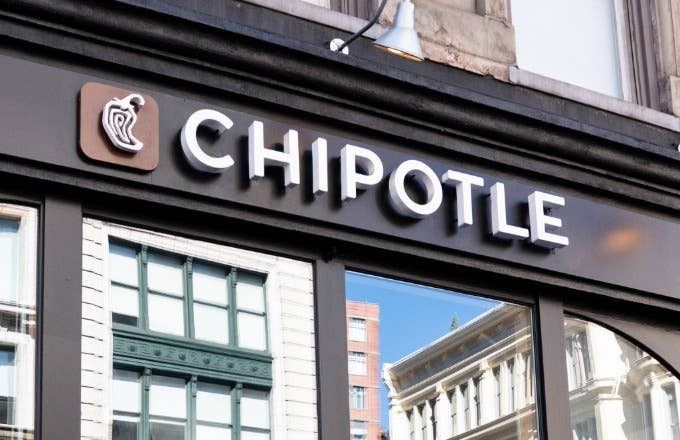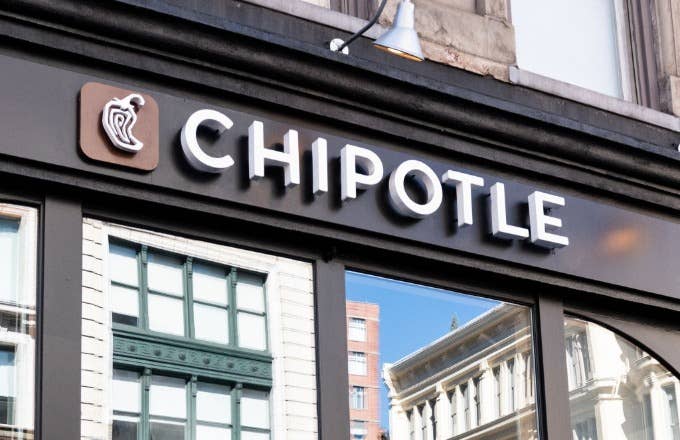
Bowls used at popular dining locales like Chipotle and Sweetgreen, promoted for their compostable nature, have been determined via a New Food Economy study to contain so-called "forever chemicals" linked to cancer and other undesirable outcomes.
Testing was done on the molded fiber bowls in question at 14 different locations of 8 different New York City area food stops, including the aforementioned hotspots. The tested bowls, per the study, contained high amounts of fluorine, which shows that the food containers were treated with PFAS compounds. Given the "forever chemicals" nickname, such findings call into question the compostable nature of the bowls, not to mention points to health concerns.
The study notes that the bowls most likely possess fresh variants on these chemicals, as opposed to "the very worst PFAS" that were previously linked to everything from thyroid disorders to testicular and kidney-related cancers and later largely removed from production nationwide. These potential newer editions of PFAS, though they've yet to have been studied as intimately, are said to be of "grave concern" for scientists.
Though an included statement from a Chipotle rep did not specify which compounds were used, it did reiterate what the company says is a commitment to "safe and sustainable food packaging solutions."
For the full report on the New Food Economy study, click here.

